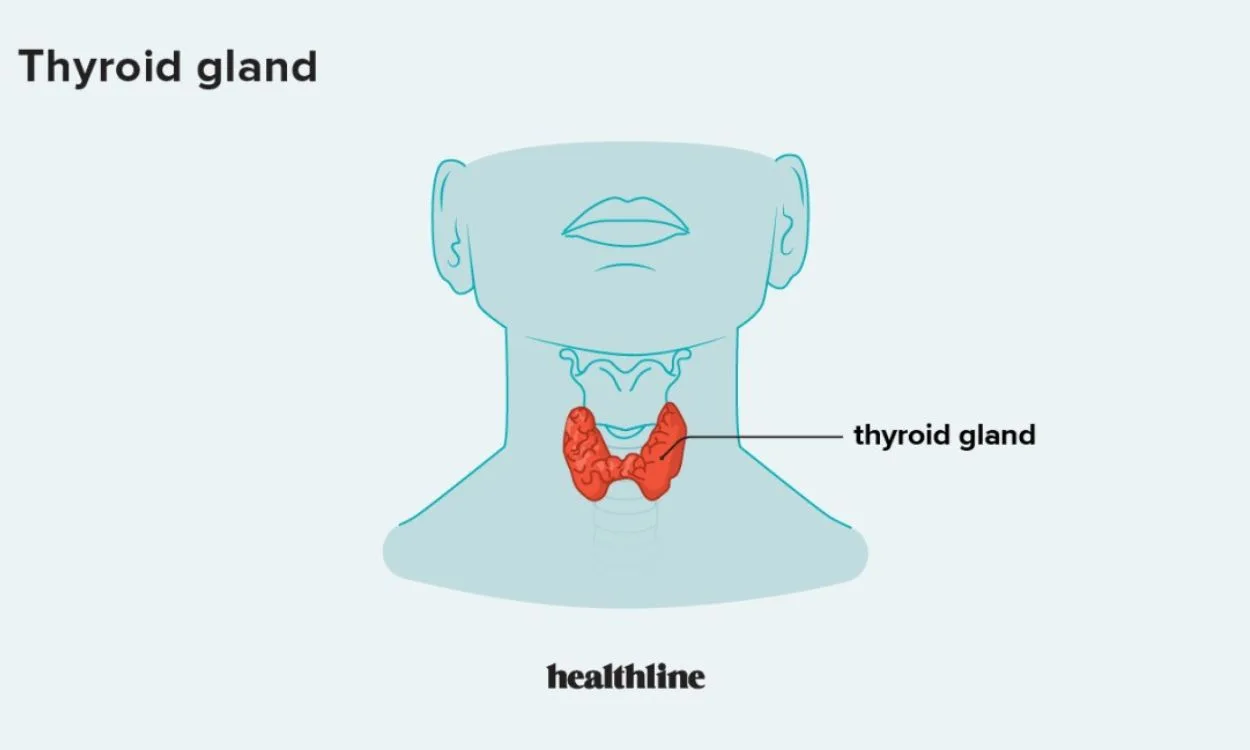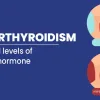What Causes Thyroid Disorders?
Thyroid disorders are a prevalent health issue affecting a significant number of people worldwide. In India, the prevalence of thyroid disorders is estimated to be around 10.95%, with women being more commonly affected than men. Understanding the causes of thyroid disorders is crucial for effective management and prevention. Here, we delve into the various factors that contribute to thyroid disorders.
1. Autoimmune Diseases
The most common cause of thyroid disorders is autoimmune diseases. In particular, Hashimoto’s thyroiditis and Graves’ disease are responsible for the majority of cases. Hashimoto’s thyroiditis occurs when the immune system mistakenly attacks the thyroid gland, leading to inflammation and gradual destruction of the gland. On the other hand, Graves’ disease results in the overproduction of thyroid hormones due to an autoimmune response.
2. Iodine Deficiency
Iodine is an essential mineral required for the production of thyroid hormones. Inadequate intake of iodine-rich foods, such as seafood and iodized salt, can lead to iodine deficiency and subsequent thyroid disorders. This is particularly prevalent in regions with limited access to iodine-rich foods or where iodized salt is not widely used.
3. Genetic Factors
Genetic factors can also play a role in the development of thyroid disorders. Certain genetic mutations and variations have been associated with an increased risk of thyroid dysfunction. These genetic factors may influence the immune system’s response, thyroid hormone production, or the structure and function of the thyroid gland.
4. Hormonal Imbalances
Hormonal imbalances, such as those occurring during pregnancy or menopause, can contribute to thyroid disorders. Pregnancy-related hormonal changes can lead to temporary thyroid dysfunction, including gestational hypothyroidism. Menopause, on the other hand, can cause fluctuations in hormone levels that may disrupt thyroid function.
5. Radiation Exposure
Exposure to radiation, particularly during childhood, can increase the risk of developing thyroid disorders. This includes exposure to radiation from medical treatments, such as radiation therapy for cancer, as well as environmental sources, such as nuclear accidents or radiation fallout. The thyroid gland is highly sensitive to radiation, and prolonged exposure can lead to long-term damage.
6. Medications and Medical Treatments
Certain medications and medical treatments can interfere with thyroid function and potentially lead to thyroid disorders. Lithium, commonly used to treat bipolar disorder, is known to affect thyroid hormone production. Additionally, certain cancer treatments, such as radiation therapy or the use of certain chemotherapy drugs, can cause thyroid dysfunction.
7. Stress and Emotional Factors
Although the exact relationship is not fully understood, stress and emotional factors have been linked to thyroid disorders. Chronic stress and emotional disturbances can disrupt the delicate balance of hormones in the body, potentially impacting thyroid function. It is believed that stress may contribute to the development or exacerbation of thyroid disorders, particularly in individuals who are already predisposed.
8. Age and Gender
Thyroid disorders can occur at any age, but certain conditions are more prevalent at specific stages of life. For example, Hashimoto’s thyroiditis is most commonly diagnosed in middle-aged women, while Graves’ disease tends to affect women of childbearing age. Age and gender can influence the risk and presentation of thyroid disorders.
Understanding the various causes of thyroid disorders is essential for effective management and prevention. If you suspect you may have a thyroid disorder, it is important to consult with a healthcare professional for proper diagnosis and treatment. Additionally, maintaining a healthy lifestyle, including a balanced diet, regular exercise, and stress management, can help support optimal thyroid function.
If you are looking for personalized guidance and support to achieve your health and fitness goals, consider downloading the Fitpaa app. Fitpaa offers a comprehensive approach to health and fitness, combining cutting-edge technology with the expertise of fitness coaches, nutritionists, and doctors. With Fitpaa, you can receive personalized guidance, track your progress, and achieve your goals with guaranteed results. Your well-being is our mission, and we are here to help you on your journey to a healthier and happier life. Download the Fitpaa app today and experience the joy of achieving your health and fitness goals.









